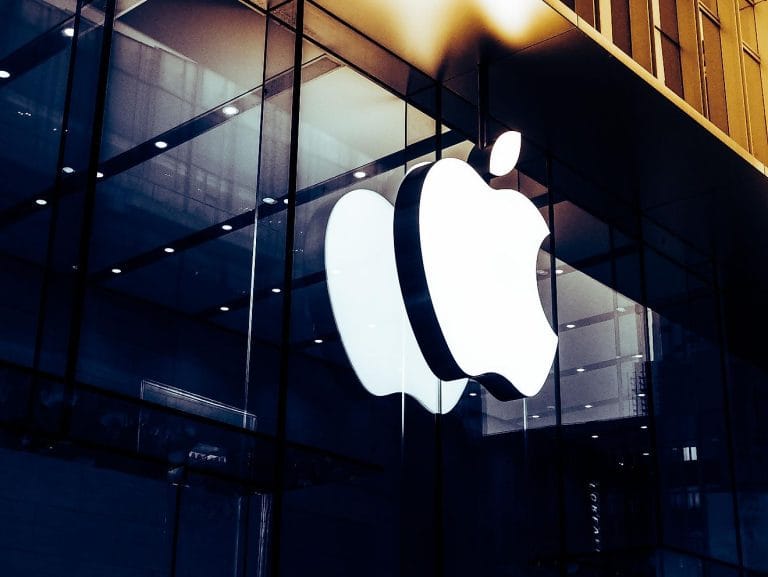🎧 Listen to This Article
President Donald Trump has reignited his trade war with a dramatic escalation, threatening to impose a 50% tariff on all imports from the European Union and a 25% levy on Apple products unless iPhones are manufactured domestically.
The declarations, made via Trump’s Truth Social platform on Friday, underline his persistent use of tariff threats as a tool of economic coercion despite growing evidence that such measures have yet to deliver the reshoring of manufacturing or trade concessions his administration seeks.
“Our discussions with the EU are going nowhere,” Trump wrote. “Therefore, I am recommending a straight 50% Tariff on the European Union, starting on June 1, 2025.”
The President’s post added that any product manufactured in the United States would be exempt from a not-so-subtle jab at multinationals with global supply chains. His proposal, if enacted, would dwarf prior tariff rounds and significantly strain transatlantic economic ties.
Apple in the Crosshairs
Apple Inc. has become the latest corporate titan to draw Trump’s ire, as he warned of a 25% import tariff on iPhones not manufactured within U.S. borders.
“I have long ago informed Tim Cook of Apple that I expect their iPhones… to be manufactured in the United States, not India, or anyplace else,” Trump posted. “If that is not the case, Apple must pay a tariff of at least 25% to the U.S.”
Apple has increasingly diversified its manufacturing footprint, particularly in India, to reduce reliance on Chinese factories amid geopolitical tensions. Trump’s comments suggest a renewed push to reverse those moves and revive domestic production despite logistical and cost barriers.
Market Response and Economic Tensions
U.S. stock futures dropped sharply following Trump’s posts as markets priced at a heightened global economic disruption risk. Retailers like Amazon and Walmart, previously targeted by similar threats, have struggled with cost inflation and supply chain complexity under Trump’s tariff policies.
For its part, the EU has maintained that it is committed to a zero-tariff, zero-quota, zero-subsidy arrangement,a position that has clashed with Trump’s insistence on retaining baseline tariffs.
Strategic Implications
Analysts warn that such measures may further isolate U.S. businesses and spark retaliatory action from the EU, which has previously threatened to target politically sensitive American exports such as bourbon, motorcycles, and agricultural goods.
As the 2026 U.S. election cycle approaches, Trump appears to be doubling down on populist trade rhetoric that appeals to his base despite concerns from economists and industry leaders over rising costs, supply chain disruptions, and diplomatic fallout.
For further details, clarification, contributions, or any concerns regarding this article, please get in touch with us at editorial@tax.news. We value your feedback and are committed to providing accurate and timely information. Please note that our privacy policy will handle all inquiries.



